Imagine this: your tech company’s website is a spaceship, and SEO is the rocket fuel propelling it into the vast universe of Google’s search results. Now, let’s get your engines ready for lift-off! Here at Plerdy, we understand that visibility is as crucial as a telescope in stargazing in the sprawling cosmos of the internet. That’s why, in this article, we’re diving deep into the world of SEO for IT and technology companies. Our mission? To guide you through the nebula of keywords, the black holes of algorithms, and the shooting stars of content optimization. Let’s embark on this journey to make your digital presence shine brighter than a supernova in cyberspace.

Understanding the Basics of SEO for IT and Tech Companies
Think of SEO as a critical puzzle in the digital landscape of IT and tech companies; every piece is essential to complete the picture of your company’s online success. In this section, we will break down SEO essentials for the IT and tech industries to provide a solid basis for your digital strategy. Let’s transform SEO from a complex enigma into a powerful tool in your IT and tech arsenal.
Definition and Importance of SEO in IT and Tech
Search Engine Optimization is crucial in IT and tech. Making your website Google-friendly is an art and science. SEO in IT and tech involves knowing and applying ways to boost your site’s SERP ranking. IT and tech organizations need higher rankings to increase visibility, organic traffic, and company growth. Moz, an SEO software pioneer, says higher tech search ranks enhance web traffic and visibility.
Key Components of Effective SEO in IT and Tech
SEO in IT and tech has many important components. IT and tech organizations utilize Google Keyword Planner to find keywords and phrases their target audience uses.
Content creation is another cornerstone for IT and tech websites. Tech industry-specific, high-quality content engages visitors and shows search engines your site is important. This content can range from tech blog posts and articles to multimedia like videos and infographics.
Links from respected tech websites are used for tech website and IT link building. Backlinks show search engines your content is reliable. Digital marketing guru Neil Patel stresses the value of excellent backlinks for tech SERP results.
Lastly, User Experience (UX) and Site Architecture are critical in the IT and tech world. Ensuring your website is user-friendly, with a logical layout and fast loading times, enhances user engagement and satisfaction – key factors that search engines consider when ranking tech sites.
IT and tech organizations must continuously learn SEO basics. Staying updated with the latest trends and algorithm changes in the tech industry is crucial for ongoing success. Equip your IT and tech company with these fundamental SEO strategies, and watch as your digital presence grows, attracting the right audience and driving your business forward.
Mastering Keyword Research for Tech Companies
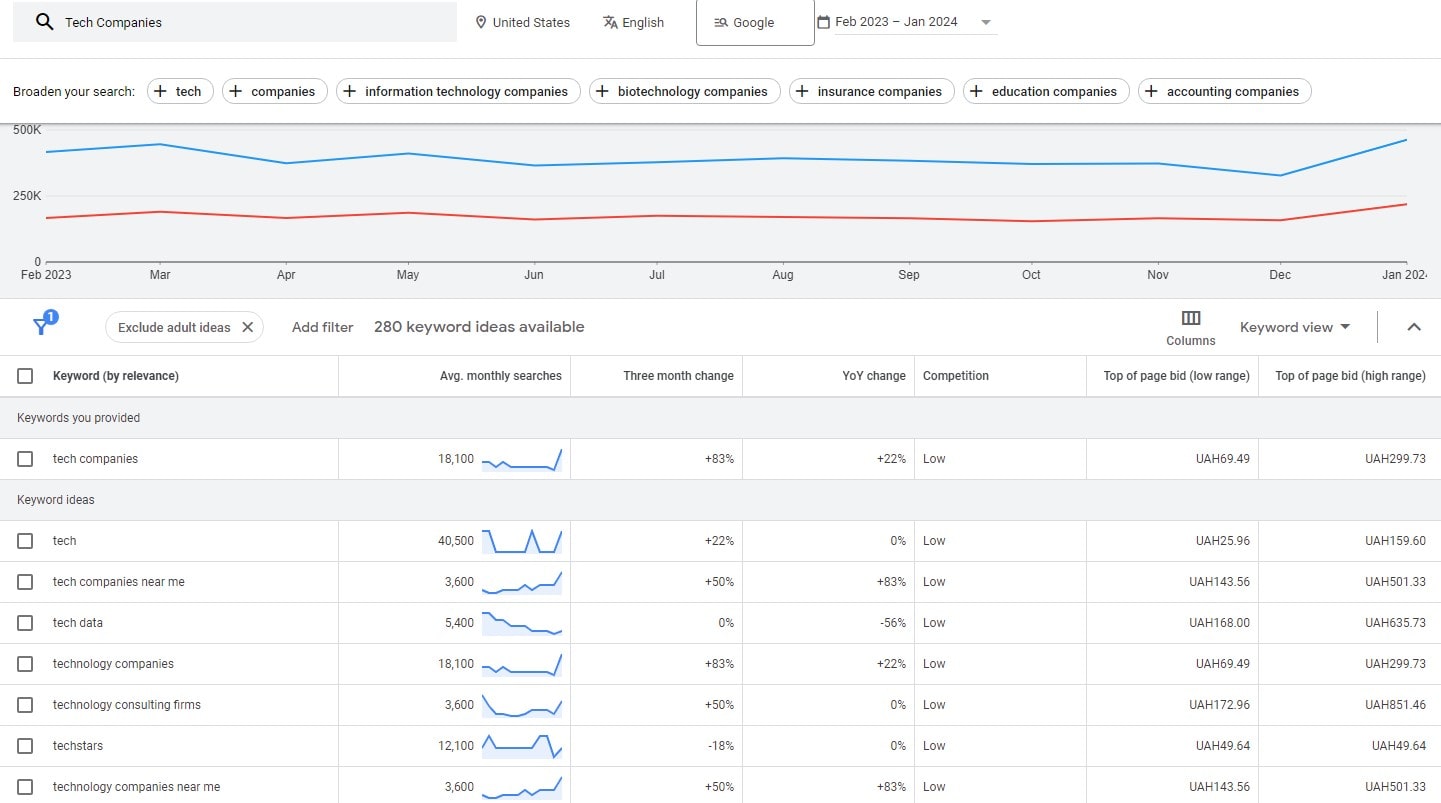
Keyword research is crucial to internet presence in the ever-changing tech industry. It’s the strategic process of finding words your audience is searching for and incorporating them into your content. For tech companies, keyword research ensures your content reaches the correct audience.
Importance of Keyword Research
Effective SEO starts with keyword research, identifying the terms and phrases potential tech customers use to search for products and services. This process is vital because it helps you understand the language of your audience and aligns your content with their needs. You’re more likely to attract qualified traffic to your website by targeting the right keywords. According to Search Engine Journal, a leading authority in digital marketing, keyword research enhances your SEO efforts and provides valuable insights into market trends and consumer behavior.
Tools and Techniques for Effective Research
There are several tools and techniques to conduct keyword research effectively. Google’s Keyword Planner is renowned for search traffic and competition data. SEMrush and Ahrefs offer more advanced analytics, including keyword difficulty and search intent insights.
When conducting keyword research, brainstorm topics relevant to your tech business. Think about the problems your products or services solve and your potential customers’ questions. Use these topics as a starting point for finding specific keywords.
Analyzing competitors is another crucial technique. Look at the keywords they rank for and consider how to create better, more in-depth content. Tools like Moz’s Keyword Explorer can help identify these opportunities.
It’s also essential to consider the search intent behind keywords. Are users looking for information (informational intent), trying to make a purchase (transactional intent), or looking for a specific website (navigational intent)? Understanding this helps tailor your content strategy to meet user needs effectively.
Identifying High-Priority Keywords
Not all keywords are created equal. High-priority keywords have a good balance of search volume and competition and are highly relevant to your business. They are the terms that are most likely to drive traffic and conversions.
To identify these keywords, look at their search volume and competition. Tools like Google’s Keyword Planner can provide this data. A high search volume with low competition is usually a good sign. However, don’t overlook long-tail keywords – longer, more specific phrases with lower search volumes but higher conversion potential.
Remember, the goal is to find keywords your target audience uses that align with your content and business objectives. These high-priority keywords should be the focus of your SEO efforts.
Remember that keyword research is an ongoing process. Search trends can change, and staying updated is key to maintaining your SEO edge. With the right keywords in your arsenal, your tech company’s content will rank higher and connect with the audience looking exactly for what you offer.
On-Page Optimization Techniques
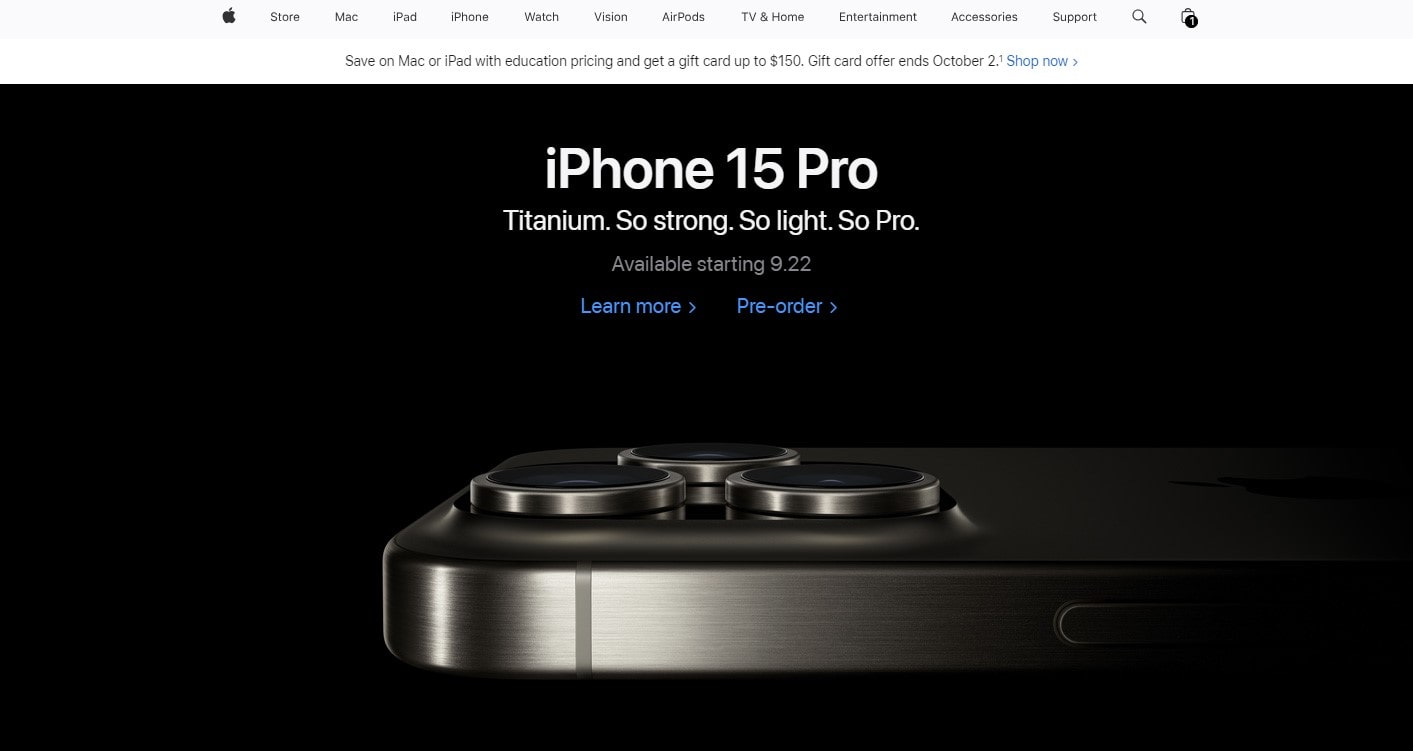
Imagine each webpage as a storefront in the digital mall of the internet. On-page optimization makes your storefront as inviting and visible as possible to those walking by. For tech companies, where competition is fierce, mastering on-page optimization is not just beneficial – it’s crucial for survival. Let’s explore the techniques to make your web pages stand out in the crowded online tech marketplace.”
Meta Tags, Headings, and URLs
Meta tags, headings, and URLs are the signposts of your website, guiding both users and search engines. Search results show the title tag and meta description, so they should be engaging and incorporate keywords. Google’s guidelines suggest keeping title tags concise and descriptive, while meta descriptions should be engaging and summarize the page content effectively.
Headings structure your content, making it easier to read. The H1 element should incorporate your main keyword and the page’s theme per Moz’s on-page SEO guidelines. Subsequent headings (H2, H3, etc.) should organize the content logically and include relevant secondary keywords.
URLs should be clean, concise, and include keywords. According to Backlinko’s SEO research, shorter URLs perform better in Google’s search results. Avoid complex parameters and ensure your URLs give users a clear idea of what the page is about.
Creating High-Quality, Optimized Content
The heart of your website is its content. High-quality, optimized content is not just about keyword stuffing; it’s about providing value to your readers. Content should answer their questions, solve problems, and guide them through the tech landscape. Search Engine Land emphasizes the importance of quality content for improving rankings and attracting traffic.
When writing content, focus on clarity, relevance, and depth. Use your keywords naturally, and consider the user’s intent behind them. As digital marketing experts like Neil Patel recommended, incorporate different content types, like videos or infographics, to engage different learners.
Remember, content is not just for your audience; it’s also for search engines. Proper HTML tags (e.g., <p> for paragraphs, <ul>/<ol> for lists) improve search engine ranking.
Internal Linking Strategies
Internal linking is about weaving a web of connections within your site. It helps users navigate and discover more content while establishing an information hierarchy for search engines. Yoast’s SEO blog recommends descriptive anchor text and linking to high-quality content for internal links. This improves user experience and helps distribute page authority throughout your site.
On-page optimization, remember that it’s about creating a seamless, engaging experience for users and search engines alike. By perfecting these techniques, your tech company’s website will attract more visitors and turn them into loyal customers and brand advocates.
Off-Page Optimization Strategies
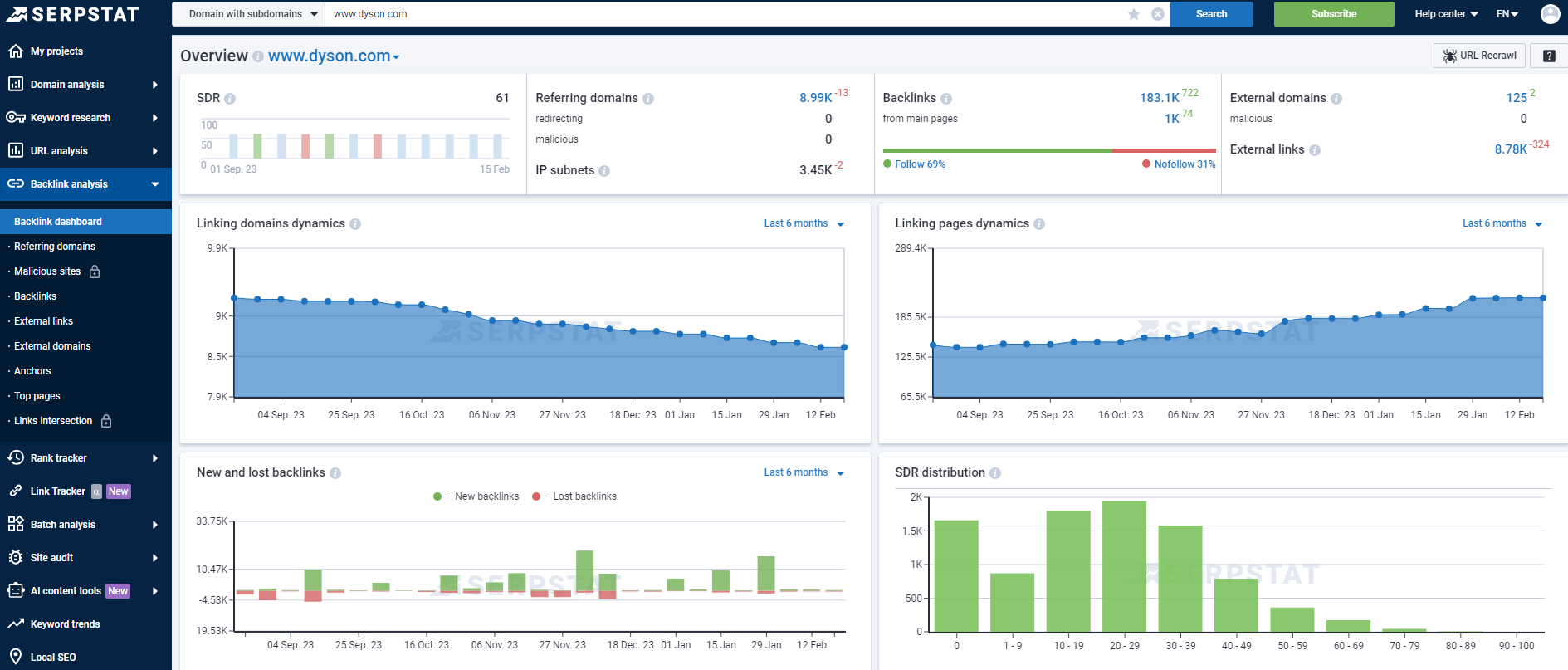
Building Quality Backlinks
The backbone of off-page SEO is building quality backlinks. Take each backlink as a vote of confidence from other websites, telling search engines your material is reliable. According to a study by Moz, backlinks are one of the most important factors in search ranking. To build these valuable links, create high-quality, informative content that others want to reference. Write guest posts on renowned IT sites and participate in industry forums. Remember, the goal is not just the quantity of backlinks but their quality and relevance to your tech niche.
Social Media Strategies
Off-page SEO can boost company awareness and audience engagement on social media. Search Engine Journal notes that a strong social media presence can indirectly help SEO by improving brand awareness and website traffic. Most often, publish your latest blog pieces and interact with readers. LinkedIn is for B2B networking, Twitter is for fast updates, and YouTube is for tech courses and product demos. Remember that social media is about developing brand relationships and community, not just promotion.
Influencer Outreach
Influencer outreach involves partnering with industry influencers to broaden your reach. Finding tech influencers who share your brand’s values and have a large following helps boost your messaging. According to HubSpot, influencer collaborations can increase brand credibility and a wider audience reach. When engaging with influencers, focus on creating mutually beneficial relationships where both parties can provide value to each other’s audiences.
Off-page SEO is essential in elevating your tech company’s online presence. You can extend your digital footprint far beyond your website by building quality backlinks, leveraging social media, and engaging in influencer outreach. Off-page SEO is about creating relationships and reputation, which is crucial to the tech industry’s online success.
Technical SEO Considerations
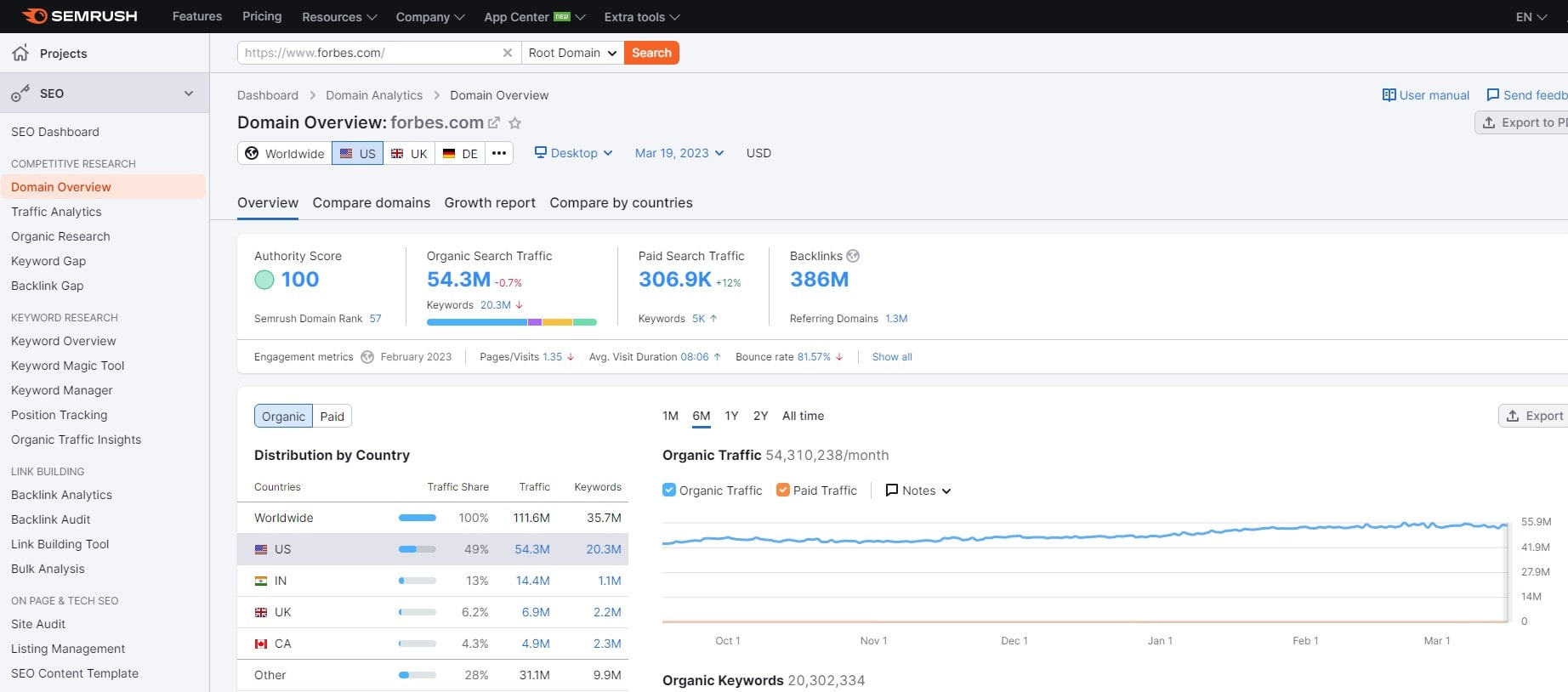
In the intricate world of SEO, Technical SEO is like the wiring in a high-tech gadget. It might not be visible on the surface, but it is crucial for the device’s overall performance. For tech companies, understanding and implementing technical SEO is key to ensuring your website runs smoothly and efficiently and improving your rankings and user experience.
Website Performance and Speed
A slow-loading website can increase bounce rates and diminish user engagement, hurting SEO. According to Google’s PageSpeed Insights, a tool designed to analyze and optimize website performance, every second counts in keeping visitors engaged. To enhance your site’s speed, optimize images, minimize code, leverage browser caching, and use a content delivery network (CDN). Remember, a fast-loading site not only pleases your visitors but also ranks better in search results.
Mobile Optimization
With over half of global online traffic from mobile devices, mobile-optimized websites are essential. Mobile-first indexing means Google mostly indexes and ranks mobile material. To make your site mobile-friendly, employ a responsive design, optimize pictures and media for mobile, and simplify touch-screen navigation. Google’s Mobile-Friendly Test may assess your site’s mobile performance and suggest improvements.
Tech organizations anticipate the newest digital advances. Therefore, technical SEO is crucial to any SEO approach. By focusing on website performance, speed, and mobile optimization, you ensure that your site meets the technical requirements of search engines and provides an optimal experience for your users, thus paving the way for better search rankings and increased traffic.
Local SEO Strategies for Tech Companies
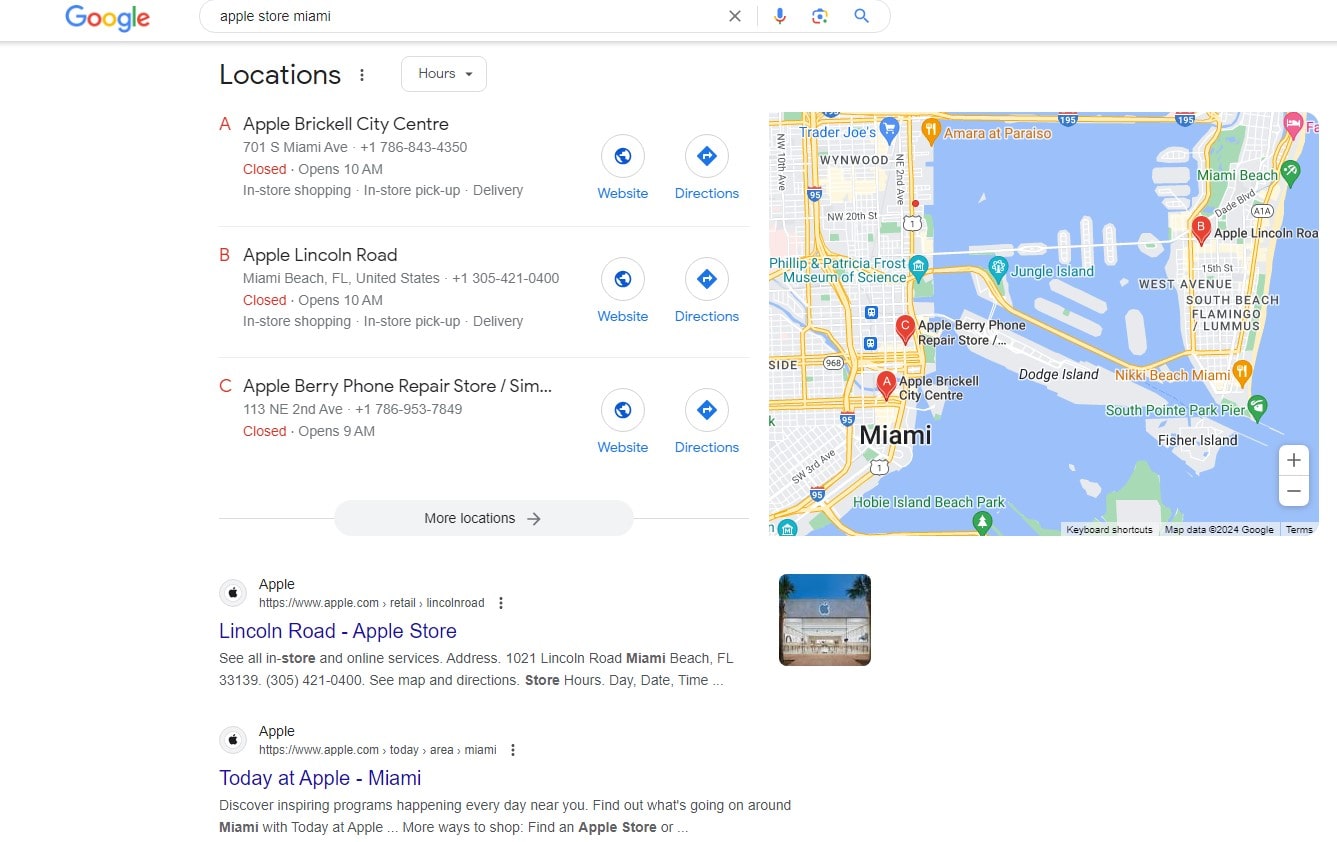
In the digital age, even tech companies with a global reach must recognize the power of local SEO. It’s like having a state-of-the-art showroom in your neighborhood – if locals can’t find you, how will they know about your innovative solutions? Local SEO ensures your tech company stands out in its immediate geographical area, connecting you with potential clients at your doorstep.
Optimizing Google My Business (GMB) Profiles
Your Google My Business profile acts as your digital storefront for local searches. A well-optimized GMB profile increases your visibility in Google’s local search results and Maps, making it easier for nearby customers to find you. Ensure your profile has up-to-date information, including your business name, address, phone number, and working hours. According to Moz, consistent NAP (Name, Address, Phone Number) information across your online presence is crucial for local SEO success. Positive GMB reviews can enhance your local search rankings, so encourage delighted customers to leave them. Regularly update your profile with posts about your latest offerings or events to keep it active and engaging.
Managing Online Reviews and Local Reputation
Local SEO depends on online reviews on Google, Yelp, and industry-specific sites. Respond to negative reviews professionally and constructively to show you value customer feedback and are committed to improving. Positive reviews should be acknowledged and appreciated. HubSpot highlights the importance of online reviews in building trust and credibility. Actively seeking reviews from satisfied customers can bolster your online reputation, enhancing your local SEO efforts.
Local SEO is a crucial element for tech companies looking to establish a strong presence in their community. SEO tactics that improve your Google My Business page and manage online reviews boost search results and build your local IT reputation.
Tracking and Measuring SEO Success
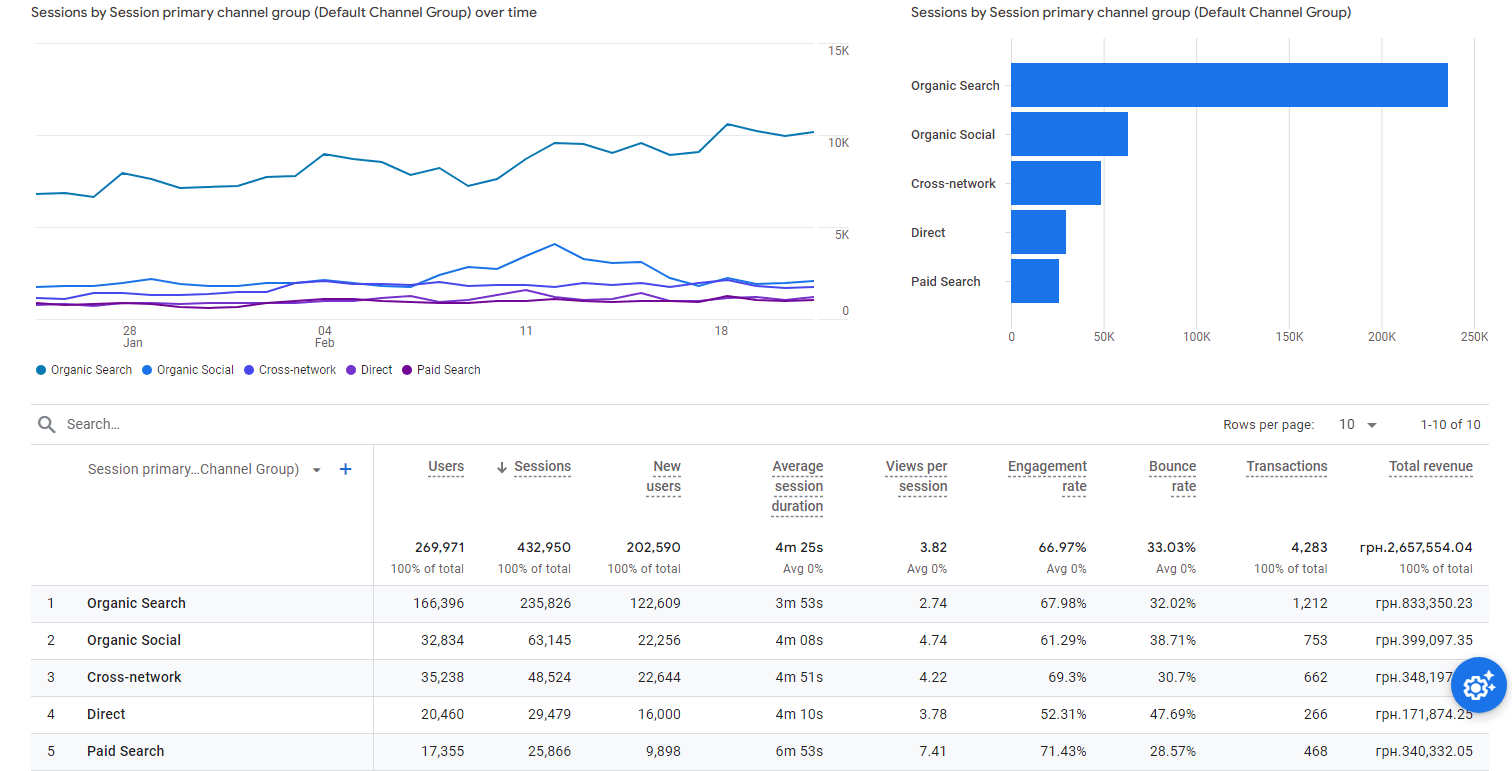
Navigating the SEO world is akin to sailing on the vast digital ocean. You’ve set the course and hoisted the sails, but how do you know you’re making headway? Tracking and measuring SEO success is essential for this journey. Let’s delve into the key metrics and tools that help tech companies assess their SEO performance effectively.
Key SEO Performance Indicators
Success in SEO isn’t just about higher rankings; it’s about achieving your business goals. Organic traffic, keyword ranks, conversion, and bounce rates are useful KPIs. Organic traffic monitors search engine traffic, suggesting SEO success. Keyword rankings show how well your pages are performing for targeted terms. Conversion rates reveal how effectively your site turns visitors into customers, while bounce rates indicate user engagement levels. As Search Engine Journal suggests, monitoring these KPIs helps understand your SEO performance and guides strategic decisions.
Tools for Tracking SEO Progress
Several tools are instrumental in tracking SEO success. Google Analytics is a primary tool for analyzing traffic sources and user behavior. It shows site usage and content performance. SEMrush and Ahrefs provide comprehensive analytics for keyword tracking, including ranking positions and keyword visibility. These tools track your current SEO performance and offer competitive analysis, allowing you to benchmark your site against competitors. Digital marketing professionals like Neil Patel say using these tools successfully is crucial to understanding your SEO journey.
Importance of Regular SEO Audits
Regular SEO audits are crucial to identify improvement areas and adapt to search algorithm changes. Audits help detect broken links, unoptimized meta tags, and content gaps. Tools like Moz’s Site Audit can automate this process, providing actionable insights for optimization. Regular audits ensure your website aligns with the latest SEO best practices recommended by leading SEO authorities.
Tracking and measuring your SEO success is a continuous process that demands attention and adaptation. By focusing on the right KPIs, employing effective tools, and conducting regular audits, tech companies can successfully navigate the waters of SEO, ensuring their digital presence survives and thrives in the competitive online landscape.
Conclusion
As we end our SEO trip for IT and technology organizations, remember that the digital landscape, like technology, is ever-changing. The strategies we’ve explored are your toolkit for navigating this dynamic terrain. But the exploration continues further. Plerdy’s blog is a treasure trove of insights and tips, continuously updated to keep you ahead in the digital race. Dive into our other articles for more SEO wisdom and digital marketing strategies. And remember, Plerdy is here to help you not just understand the complexities of SEO but to master them, turning your website into a beacon of digital success.
